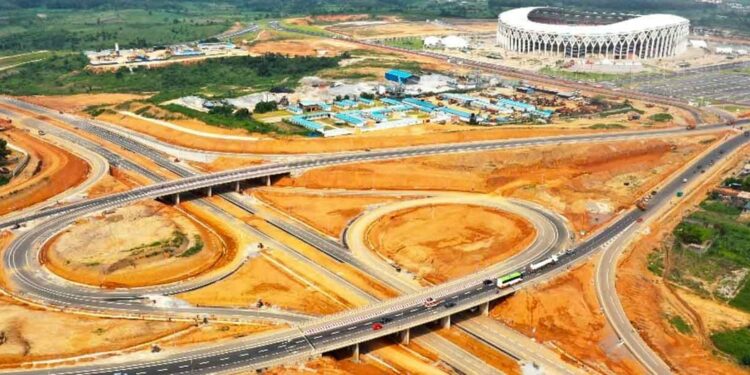
In the heart of West Africa,Abidjan is undergoing an unprecedented urban transformation. Once a metropolis plagued by traffic bottlenecks and lengthy commutes,the city is now emerging as a model of connectivity,thanks to the ambitious Abidjan Urban Transport Project (PTUA). Co-financed by the African Development Bank and the Japan International Cooperation Agency (JICA),the initiative has reduced travel time between Yopougon and Plateau from three hours to just ten minutes—ushering in a new era of urban efficiency and cohesion.
The emblem of this renewal is Abidjan’s Fourth Bridge,a 1,400-meter structure linking three of the city’s most dynamic communes. Yet the bridge is just one piece in a much broader puzzle: 88 kilometers of expressways,89 upgraded intersections,and a state-of-the-art traffic management system. This expansive infrastructure network not only improves mobility but redefines how residents interact with their urban environment—shortening distances and broadening access to opportunity.
Cabo Verde inaugurates 13,000 m² of cutting-edge technology
But the transformation goes beyond concrete and asphalt. The PTUA incorporates a human-centered approach to urban redesign,including the development of planned housing in areas like Ayewahi for families displaced by the construction. These newly built communities offer improved services and connectivity,fostering both social and economic inclusion as an integral part of Abidjan’s urban renewal.
Abidjan is also positioning itself as a leader in environmentally conscious urban planning. Starting in 2024,the city’s transport modernization is expected to prevent over 900,000 tons of CO₂ emissions annually. This environmental commitment makes the PTUA a blueprint for how African cities can pursue sustainable development without compromising growth or mobility.
More than just an infrastructure upgrade,the project is redefining what it means to build cities in Africa. With thousands of young people trained and integrated into the labor market,healthcare centers under construction,and direct support for agricultural producers,Abidjan is proving that urban transformation can—and must—be inclusive. Côte d’Ivoire’s economic capital is now shaping up as a living laboratory,where mobility,social cohesion,and sustainability coexist on a unified development path.
United News - unews.co.za